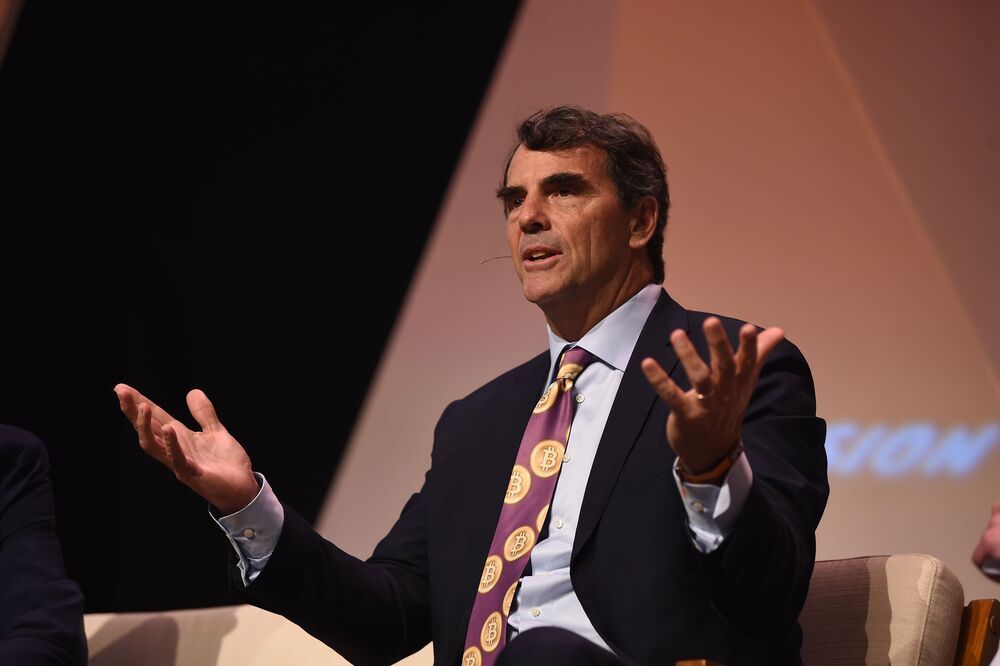## GENERAL FUSION (VANCOUVER) • JUN 16, 2021.
# General Fusion to build its Fusion Demonstration Plant in the UK, at the UKAEA Culham Campus.
*Unlike conventional nuclear power, which involves fission or splitting atoms, the emerging fusion technology promises clean energy where the only emission would be helium, and importantly, no radioactive waste.*
New partnership between General Fusion and UKAEA is a landmark collaboration in the development of fusion, a technology for the world’s low-carbon future.
VANCOUVER, Canada and LONDON, United Kingdom (17th June 2021 BST): The UK Atomic Energy Authority (UKAEA) and General Fusion have announced an agreement under which General Fusion will build and operate its Fusion Demonstration Plant (FDP) at UKAEA’s Culham Campus. General Fusion will enter into a long-term lease with UKAEA following construction of a new facility at Culham to host the FDP. The FDP will demonstrate General Fusion’s proprietary Magnetized Target Fusion (MTF) technology, paving the way for the company’s subsequent commercial pilot plant. General Fusion will benefit from the cluster of fusion supply chain activities in the UK, centered on UKAEA’s globally recognized expertise and presence in the field.
Amanda Solloway, Science Minister for UK Government said: “This new plant by General Fusion is a huge boost for our plans to develop a fusion industry in the UK, and I’m thrilled that Culham will be home to such a cutting-edge and potentially transformative project. Fusion energy has great potential as a source of limitless, low-carbon energy, and today’s announcement is a clear vote of confidence in the region and the UK’s status as a global science superpower.”
The Fusion Demonstration Plant at Culham is the culmination of more than a decade of advances in General Fusion’s technology, and represents a major milestone on the company’s path to commercialization. The Fusion Demonstration Plant will verify that General Fusion’s MTF technology can create fusion conditions in a practical and cost-effective manner at power plant relevant scales, as well as refine the economics of fusion energy production, leading to the subsequent design of a commercial fusion pilot plant. Construction is anticipated to begin in 2022, with operations beginning approximately three years later.









